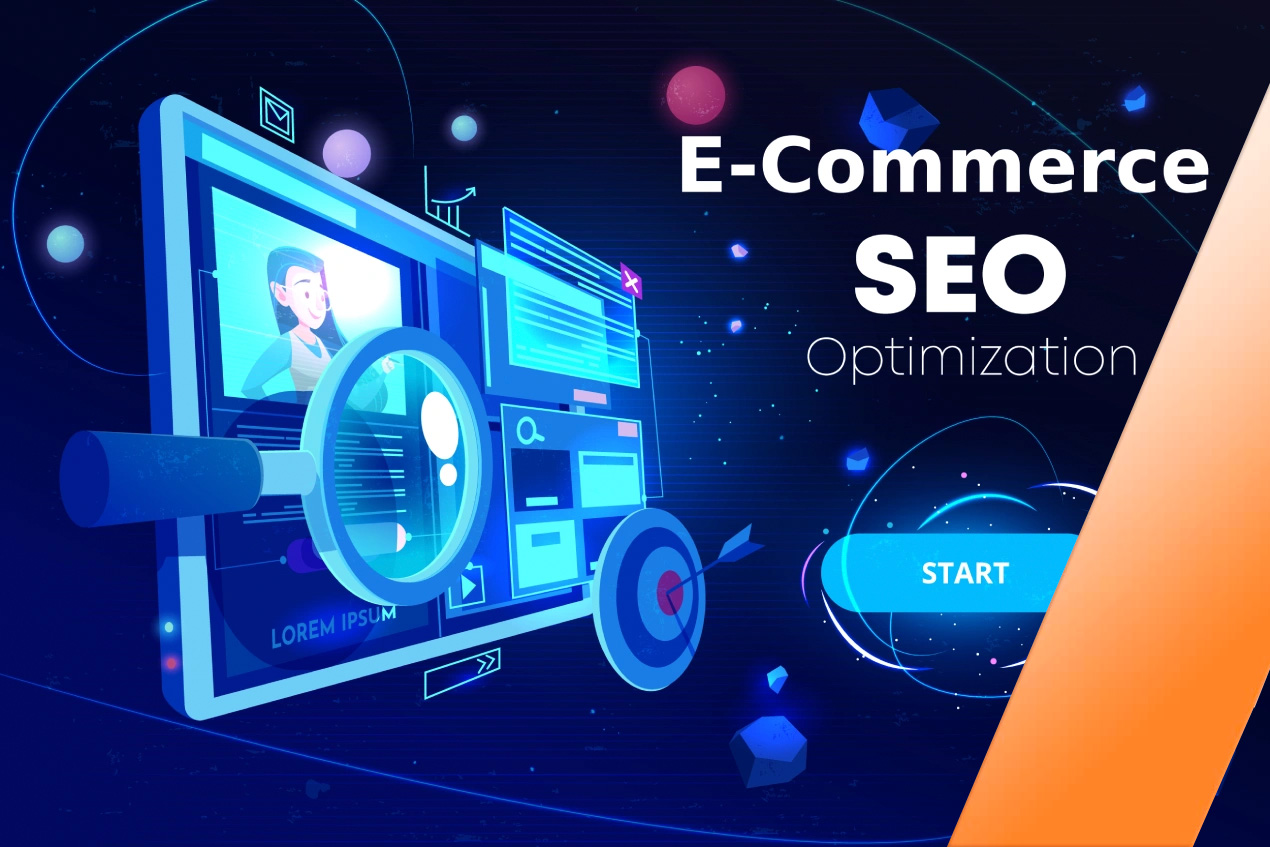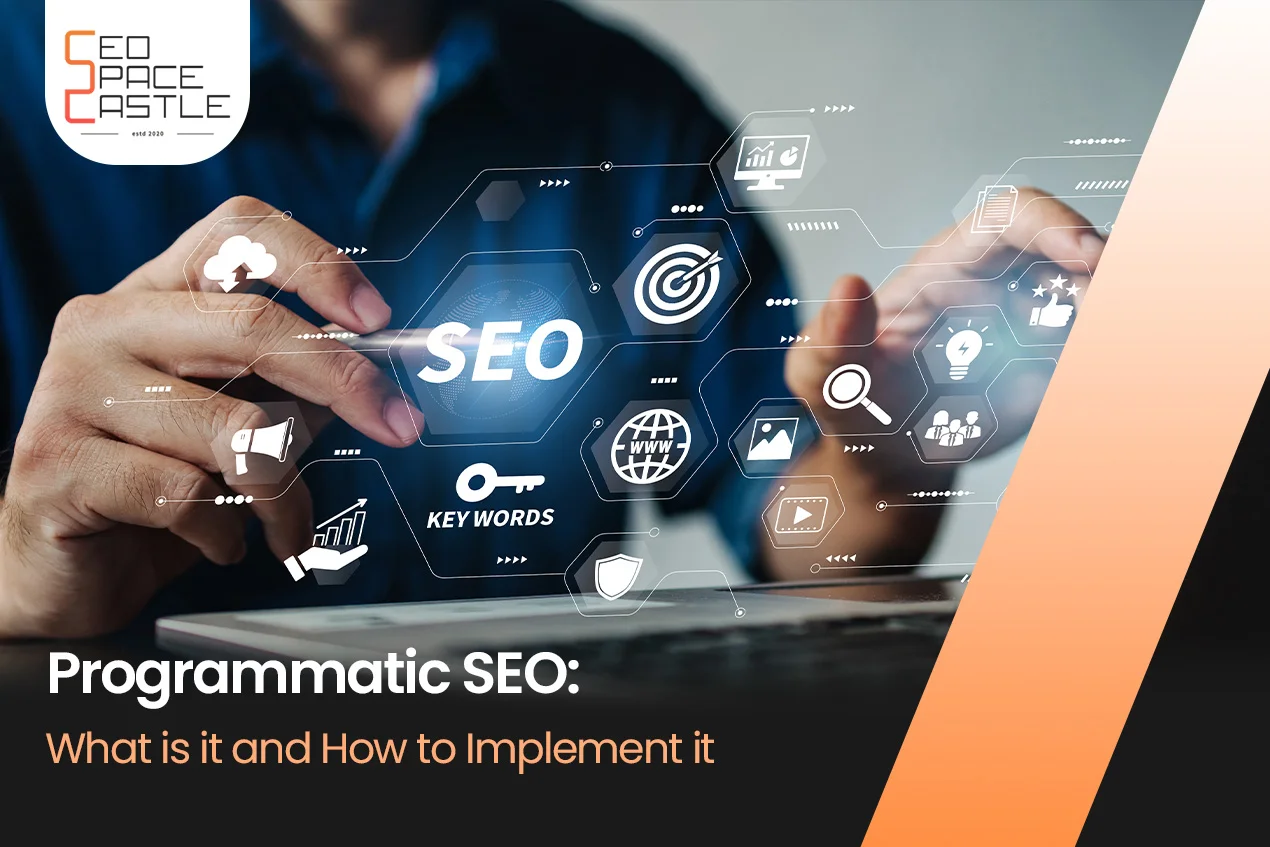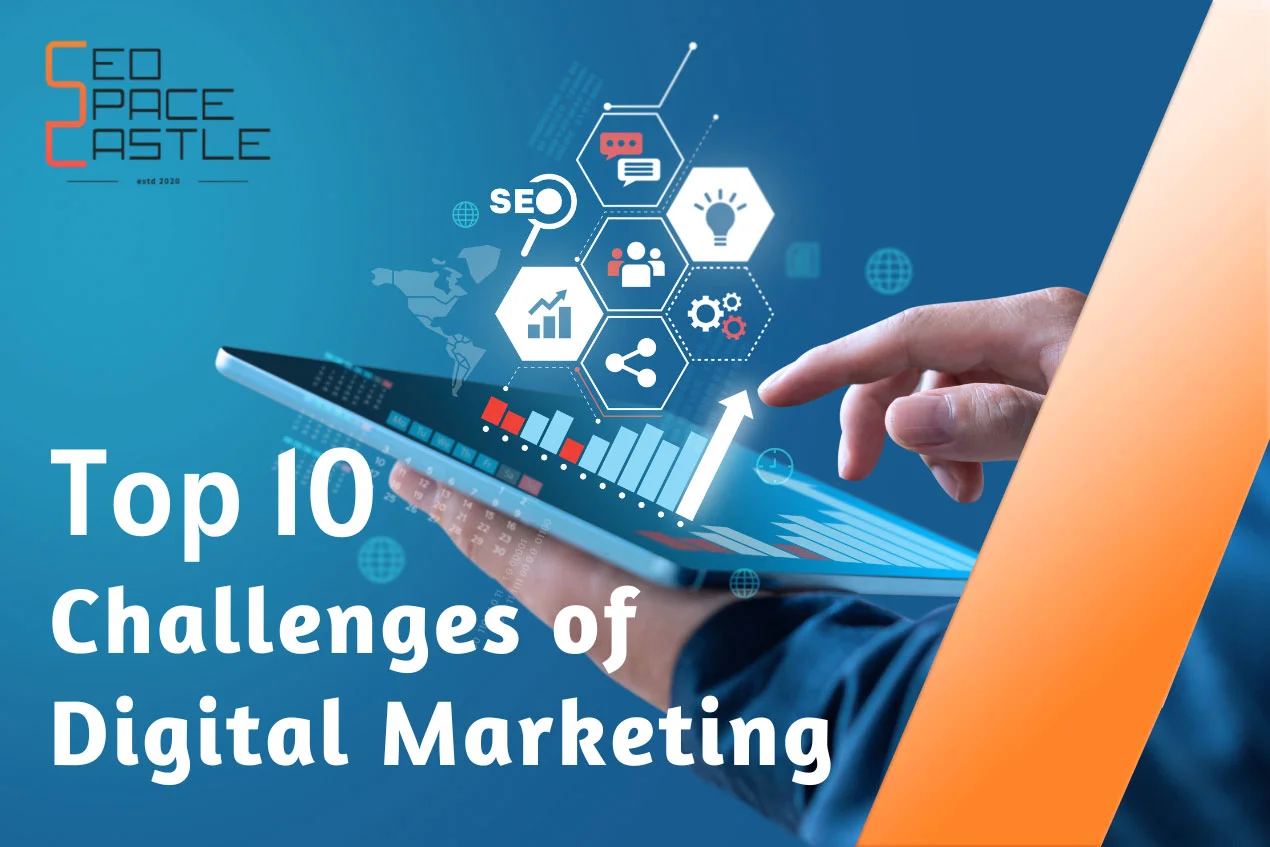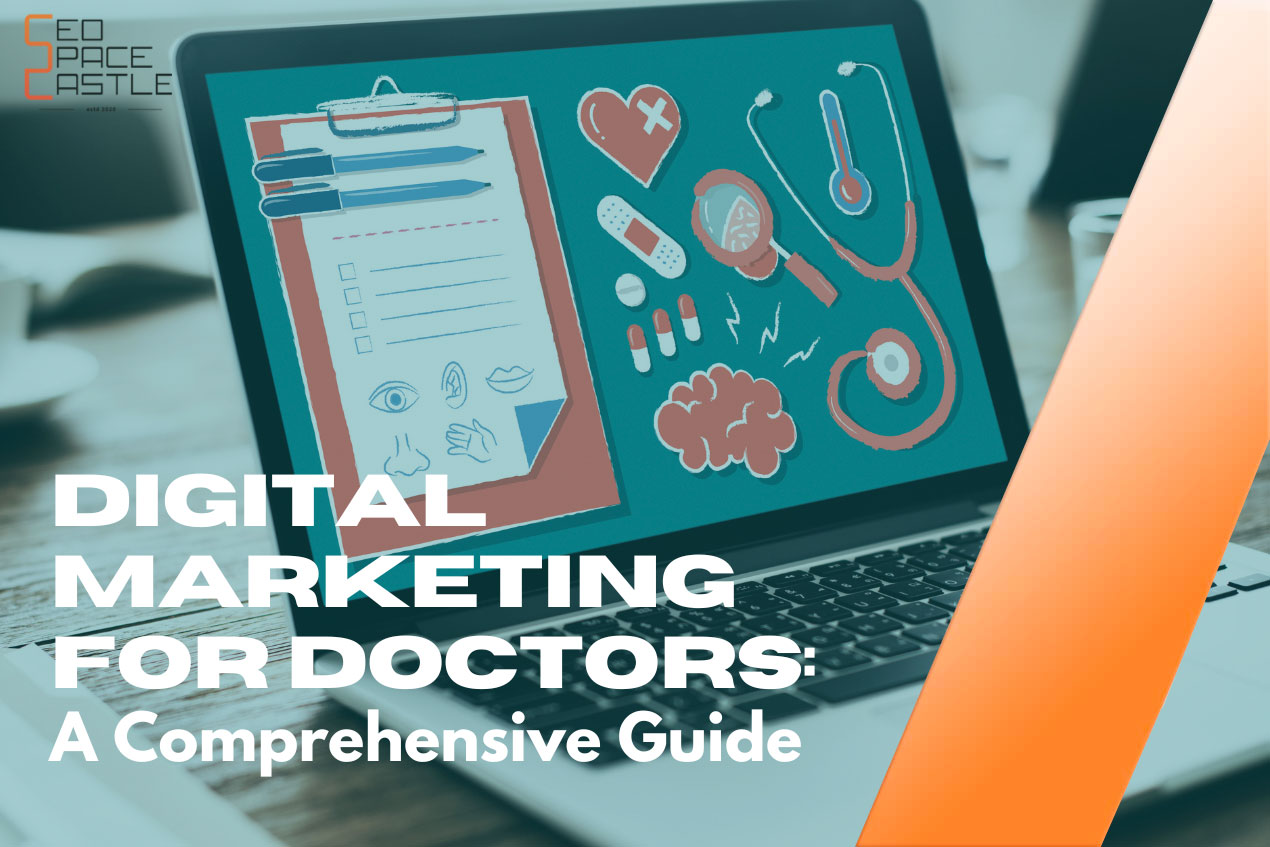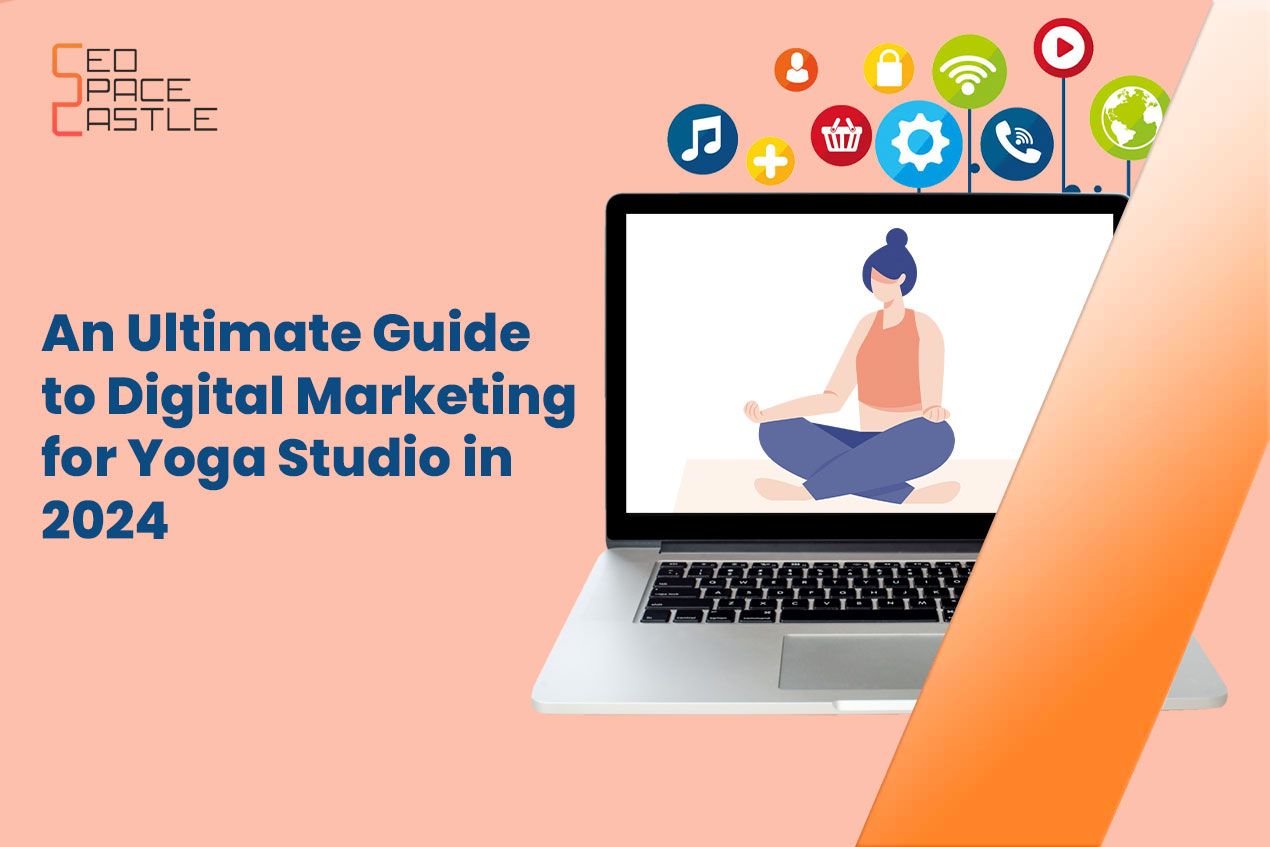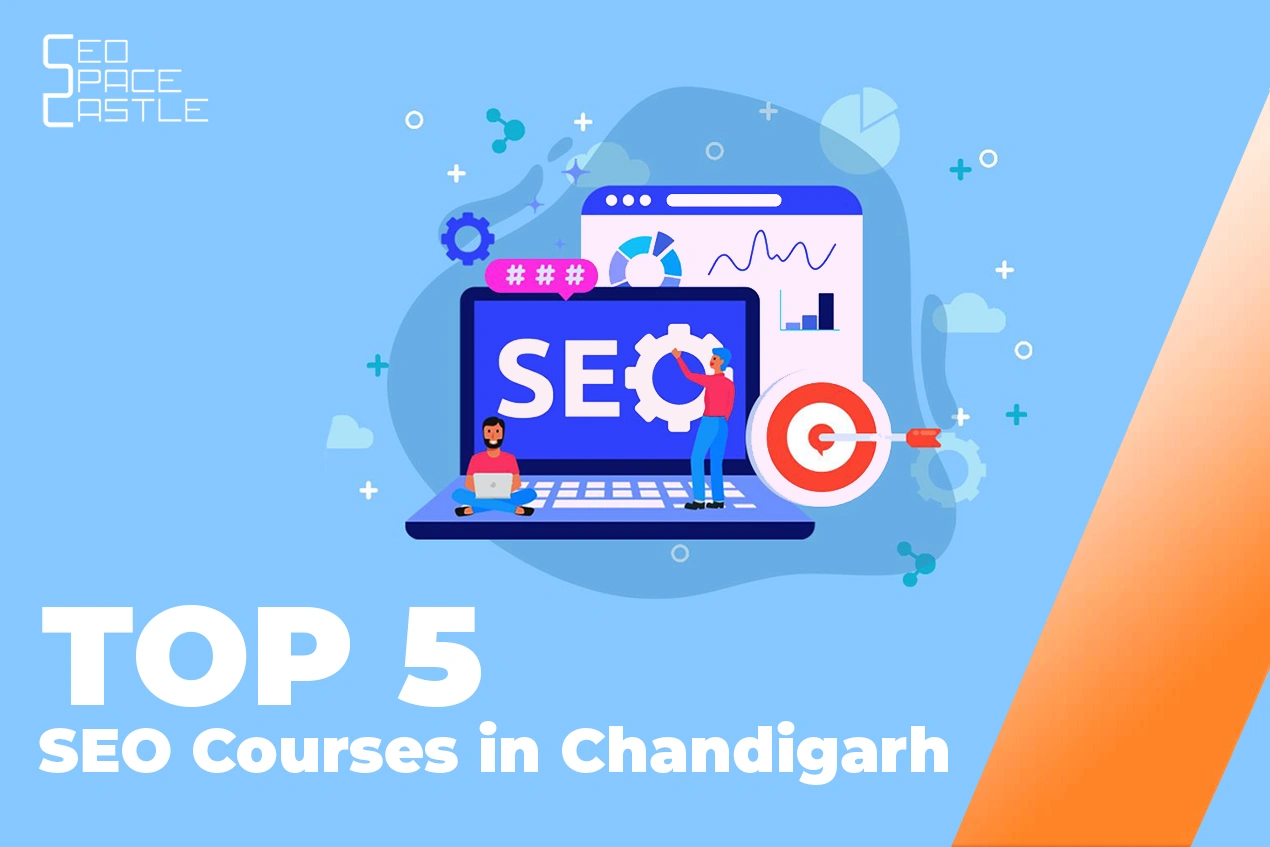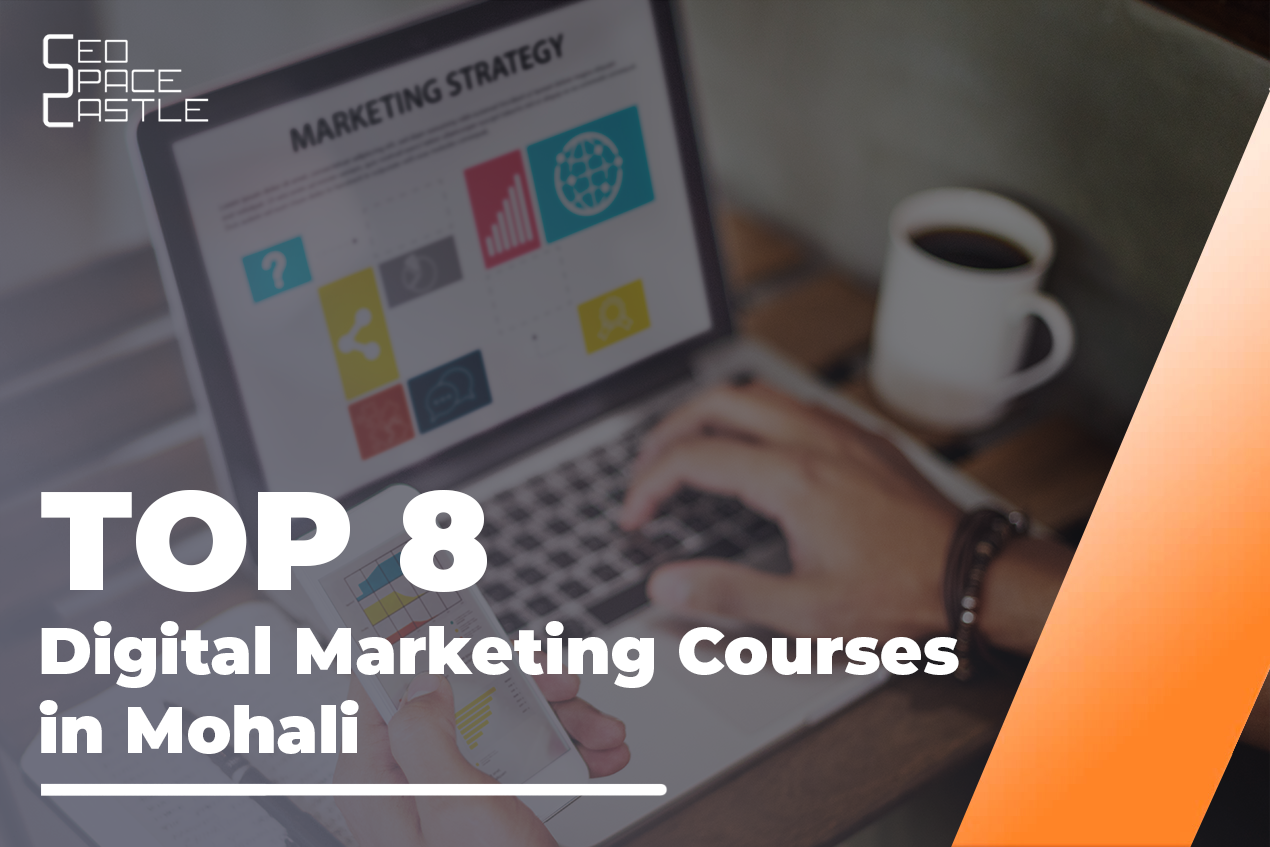If you're running an online store, you know that visibility is key to success. A strong ally is required to stand out from the crowd and win over potential clients in today's overcrowded digital world, where various online shops battle for attention. That's where E-commerce SEO (Search Engine Optimization) comes into play. Imagine it as a magic wand that makes your website more discoverable to those seeking what you offer. In this article, we'll share 10 killer tips to help you dominate those search engine results.
Table of Contents
- Why SEO is Important for E-commerce?
- 10 effective ways to improve your ranking in SERPs
- 1.) Perform Keyword Research the Right Way
- 2.) Optimize Product Pages
- 3.) High-quality Images are Non-Negotiable
- 4.) Keep an Eye on Your Competitors
- 5.) Nail Your Meta Titles and Descriptions
- 6.) Build Reputable Backlinks
- 7.) Focus on On-Page SEO
- 8.) Partner with Relevant Brands and Influencers
- 9.) Take Advantage of Internal Links
- 10.) Make Your Site User-Friendly
- Final Words
Why SEO is Important for E-commerce?
SEO is the lighthouse that ensures your goods and services don't get lost in a huge online market where various competitors fight for attention. It's crucial to attract the correct audience—those who are actively looking for what you have to offer—rather than merely increasing awareness. By obtaining the top spots in search results, SEO establishes authority and trust while also offering priceless insights into consumer behaviour. It effectively turns your website into a round-the-clock marketing machine, improving user experience and eventually boosting revenue. In a nutshell, SEO is what keeps e-commerce companies alive and well in the modern world.
10 effective ways to improve your ranking in SERPs
1) Perform Keyword Research the Right Way:
The cornerstone of E-commerce SEO is keyword research, and getting it right may make all the difference. Make a list of prospective terms and phrases that could describe your items as a starting point. Next, narrow down your selection using keyword research tools like Google Keyword Planner, SEMrush, or Ahrefs to find high-search-volume, low-competition phrases. Keep a close eye on longtail keywords that capture user intent since they frequently convert more effectively. Your aim is to select keywords that are relevant to your offerings and the search patterns of your target market.
2) Optimize Product Pages
Improving your product pages is the cornerstone of E-commerce SEO. Every product page offers a different chance to rank for particular keywords and draw in prospective buyers. Make sure that the keywords in your product titles, descriptions, and photos are relevant and plentiful. To make navigating easier, organize your items into logical categories and subcategories and create clear, user-friendly URLs. Use schema markup to give search engines structured information about your items, which might result in improved rich snippets in search results.
3) High-quality Images are Non-Negotiable
Your product photos are the first impression your business creates with its window display in the virtual realm of e-commerce. They provide your internet clients with the closest possible opportunity to examine and assess your items. As a result, high-quality photos are required. Spend money on high-quality product photography to present your products in the best possible way. As slow-loading sites might hurt your SEO rankings, be sure that these photos are optimized for quick loading.
4) Keep an Eye on Your Competitors
A competitor study may be a gold mine of information for your SEO strategy for e-commerce. You may learn a lot about your rivals' SEO methods, target keywords, and successful approaches by spying on them. You may monitor the SEO performance of your rivals, identify their top-performing keywords, and take notes on their effective strategies using tools like SEMrush and Ahrefs. By optimizing your SEO strategies to dominate search engine results in your niche, you can stay one step ahead of the competition by leveraging this competitive information.
5) Nail Your Meta Titles and Descriptions
Your website's meta titles and descriptions are its SEO superheroes; they serve as the search engine results page's introduction. Making intriguing and informative meta titles and descriptions is similar to writing an alluring book cover and blurb that draws readers in. Include suitable keywords in these snippets to draw people in and convey the benefits that your website provides. Your search engine results are impacted by these factors directly since they affect click-through rates.

6) Build Reputable Backlinks
It is impossible to emphasize the value of creating trustworthy backlinks for e-commerce SEO. From the viewpoint of search engines, high-quality backlinks from reputable and pertinent websites are similar to recommendations for your online business. They indicate that your website is a reliable and worthwhile resource. Consider techniques like guest blogging on industry-relevant sites, approaching influencers for collaborations, and engaging in online communities or forums where you may organically link back to your site when sharing insightful information to gain these beneficial backlinks.
7) Focus on On-Page SEO:
The success of your e-commerce website in search engines is established on the based on on-page SEO. It includes several variables that you may directly influence, making it one of the most important components of your SEO approach. For each page of your website, start by performing thorough keyword research to determine the most pertinent and high-converting terms. Once you have your keywords, optimize your meta descriptions, headers, and titles to organically use these terms. Produce compelling content that speaks to your audience and persuades them to spend more time on your website.
8) Partner with Relevant Brands and Influencers
In your E-commerce SEO efforts, collaborating with relevant companies and influencers might be a strategic game-changer. You may access their audience and authority when you collaborate with businesses or influencers in your area. Look for alliances that are appropriate for your items to provide a natural fit and relevance. Influencers may provide real content that promotes your brand and fosters interaction thanks to their devoted fan bases. These collaborations help to increase the visibility of your business and frequently provide high-quality backlinks that strengthen your website's SEO.
9) Take Advantage of Internal Links
Internal linking is a potent and frequently underused SEO tactic for e-commerce websites. You may encourage readers to explore more of your content and disperse SEO authority throughout your website by carefully connecting to other pertinent sites. Look for chances to link to other relevant goods, categories, or blog topics while developing new content or improving product descriptions. Use keyword-rich, evocative anchor text to give context to both users and search engines. A well-planned internal linking strategy not only improves user experience but also makes your site easier for search engine bots to crawl.
10) Make Your Site User-Friendly
User experience is crucial to SEO for e-commerce. When deciding rankings, Google takes into account how visitors engage with your website. Focus on straightforward navigation with distinct menus and categories to guarantee a user-friendly website. To stop people from leaving your site because of sluggish loading times, increase site speed. To provide a flawless experience on all devices, use responsive design. To lower cart abandonment rates, design a simple checkout process with a few stages. Enhance the site's search capabilities to make it easier for consumers to locate items.

Final Words
As we all know, SEO continues to be the key to success in the dynamic world of e-commerce, where each click counts. Rankings are important, but it's also important to connect with the correct audience, build trust, and establish yourself as a reliable player in your field. It is impossible to emphasize how important SEO is to e-commerce since it is the engine that propels visibility, consumer interaction, and revenue development.
Moreover, E-commerce SEO isn't rocket science, but it does require consistent effort and a good understanding of your audience. By optimizing your site, using longtail keywords, and following these tips, you'll be well on your way to dominating those search engine results. So, if you're ready to grow your online business, make SEO your constant friend and watch as it turns your virtual aspirations into prosperous reality.



